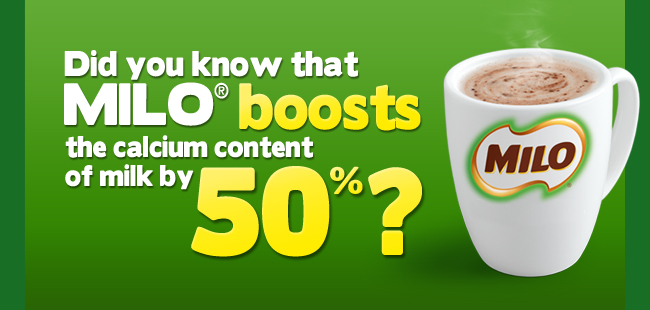Around half of Kiwis admit they are baffled about how to eat healthily.
Think about that. That is one in two people. Half the nation. There is no better indication that the modern food market is broken – how can people possibly be expected to make an informed choice?
It gets worse. The other half – those of us that think they know what they are doing – often don’t. It turns out that most of us, when faced with deciphering a nutrition label or health claim on our food, will stuff it up. Are we too stupid, or are we simply walking into the trap set for us by the food manufacturing industry?
[quote align=”right” color=”#999999″]Be very clear: producers never champion provision of full and accurate information to customers[/quote]You probably think you aren’t influenced by advertising or food industry claims, but you’re probably wrong.As we have grown to realise that the modern processed food we eat is killing us, food companies have increasingly tried to make us think their food is healthy so that we’ll keep munching their products with a clear conscience. And it works; in fact it is an industry marketing tactic known as the ‘health halo’. For example ‘low fat’ claims on food convince people to eat 50% more than they otherwise would.
Consumers think they are being healthy but end up scoring an own goal. This makes the food manufacturers really happy, but leaves the consumer still battling the bulge and besieging our health system.
Over the weekend the Government announced it is tightening up the regulation of health claims to ensure that they are based on science. This is undoubtedly a positive step. The quid pro quo for this however is that food companies will be able to go even further than before and make health claims about their products.
Despite the tighter regulation, it could add to the confusion we face when picking things off the supermarket shelves.
Food companies like health claims; no surprise as they like anything that shifts their products off the shelves. They assert health claims encourage them to innovate and compete for customers based on the healthiness of their products.
What an inexplicable thing it is, then, that they oppose compulsory front-of-pack labelling, which would achieve the same result but in a much more standardised way. Clearly the voluntary nature of nutrient and health claims is what really appeals to the industry; they want to pick and choose what the public knows.
Be very clear: producers never champion provision of full and accurate information to customers. That would take away the scope to dupe and exploit – always a way to generate at least short term windfall profits. They want us to know the good things about their products, but not the bad stuff.
The downsides of modern manufactured food should be declared with equal fanfare as the supposed nutrient and health benefits.
Food labelling today is in a similar mess as the financial sector disclosures from ten years ago. There, voluntary disclosure and standards led to disaster; at which point the government finally started to regulate.
Why would companies voluntarily have a simple system that informs customers when they can overload them with information in the knowledge that they will skip over the fine print? That way they can always hide behind the fact that they provided information, safe in the notion that only those people with a nutrition degree will understand it.
So well done to the Government on putting some boundaries around the gobbledegook that food companies can claim. Sadly it is unclear this will really do much to clear up the confusion that faces the average kiwi when choosing what to pop in their shopping basket.
We need a simple, compulsory, standardised front of pack nutrition labelling system that tells consumers how healthy a product is to eat, particularly levels of sugar, salt and saturated fat.
Until that happens, the main thing to remember is that it is the stuff without any labels – particularly fruit & veg – that is really healthy.
[message_box title=”Our new book on food” color=”red”]Geoff and I are writing a new book on the food we eat in NZ. Click here to learn more. [/message_box]

